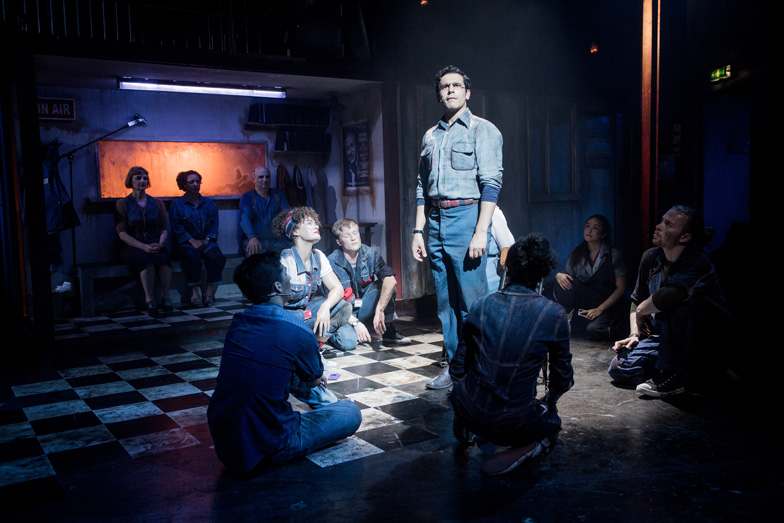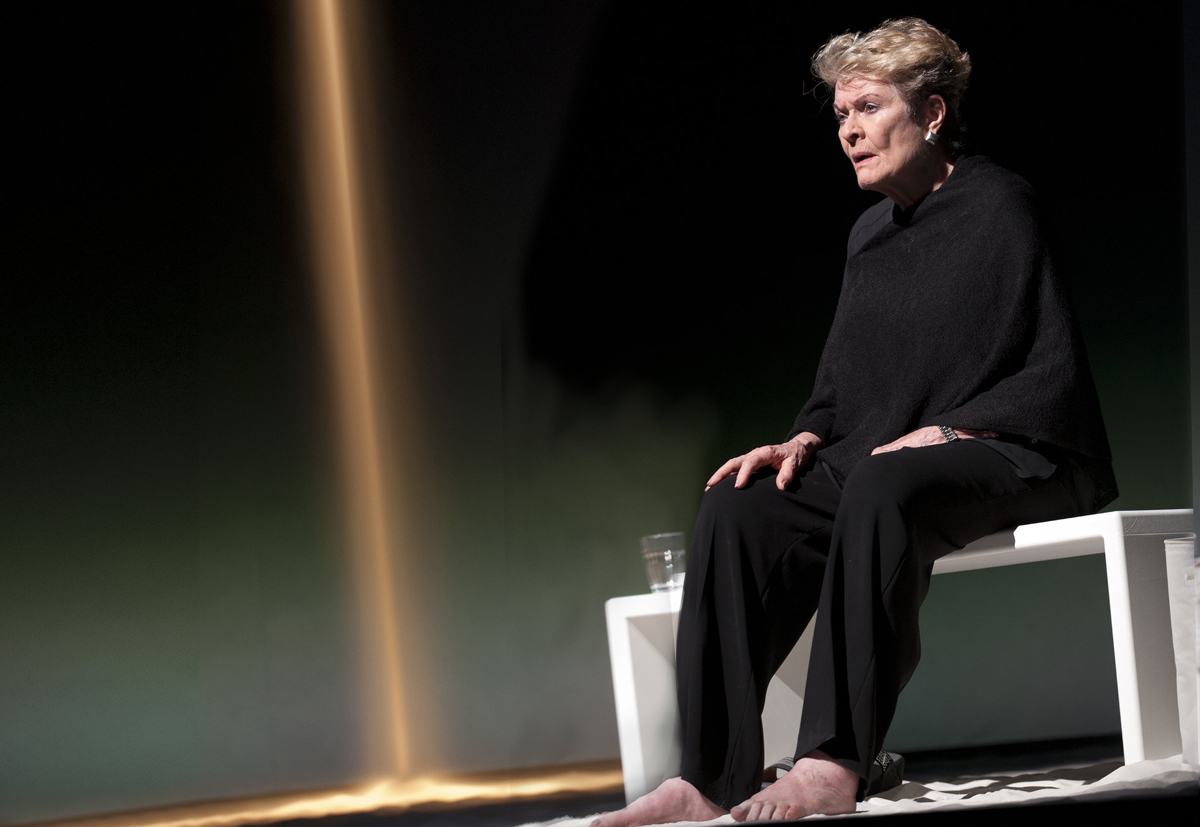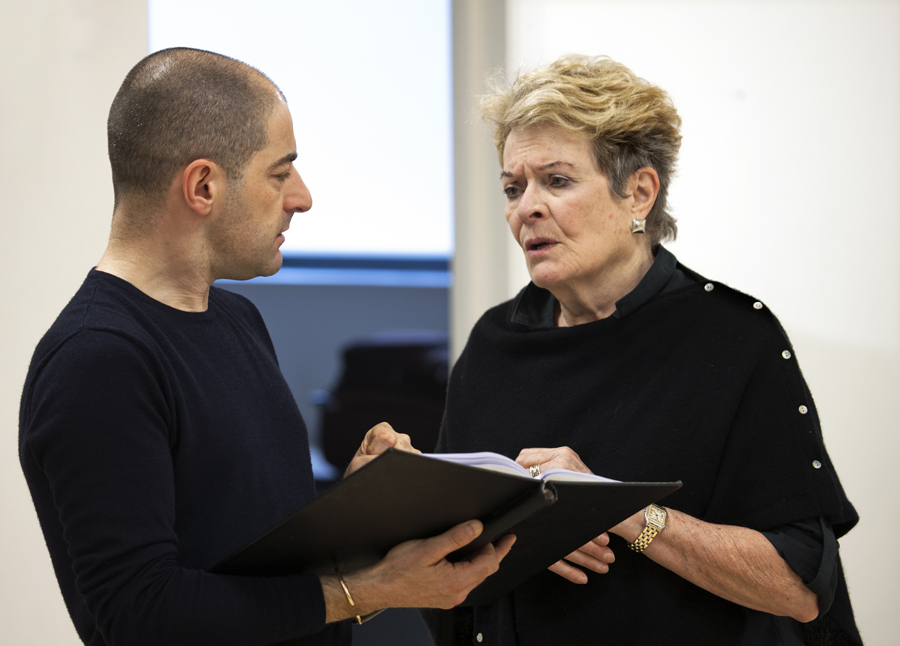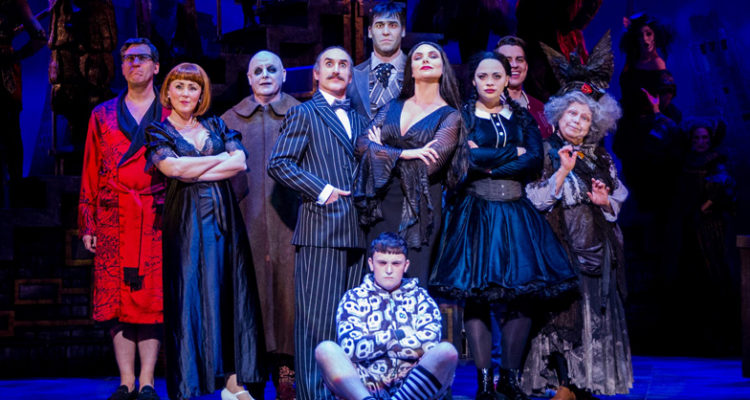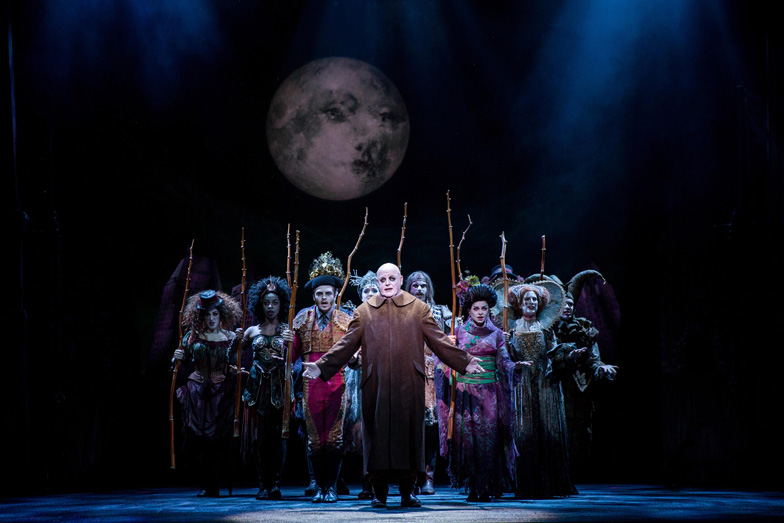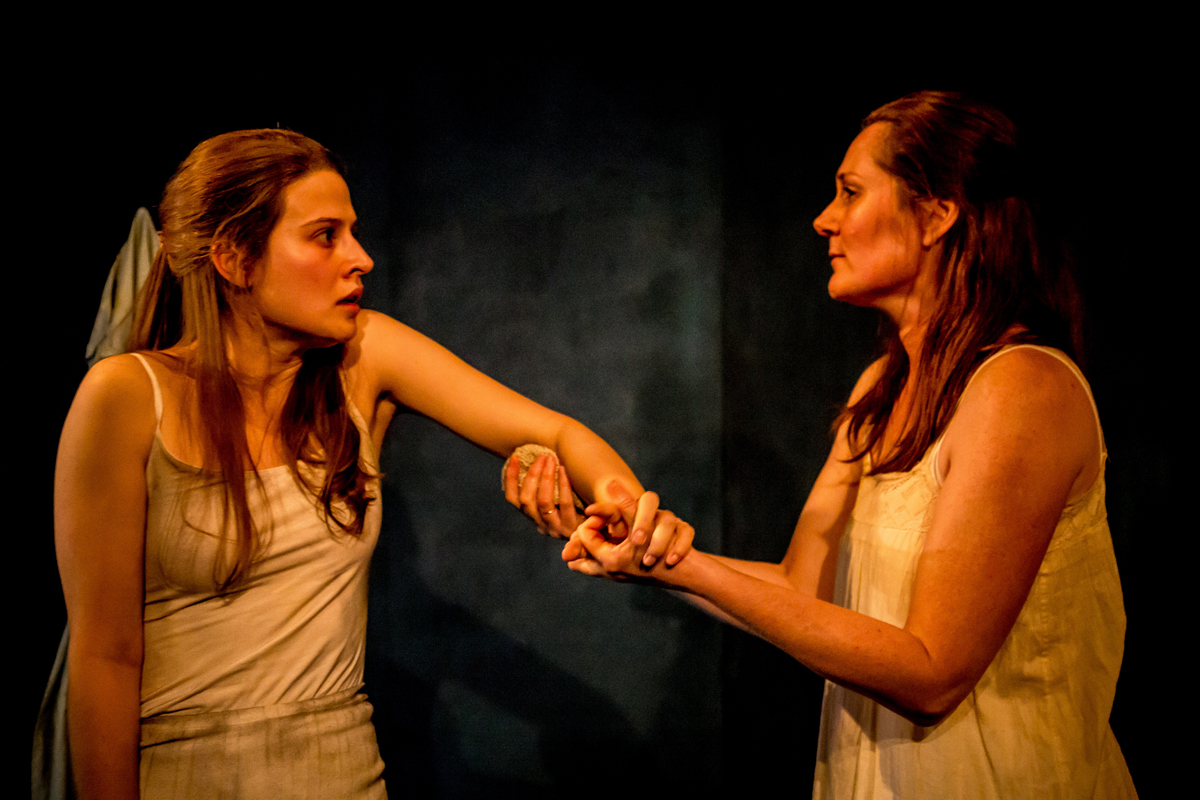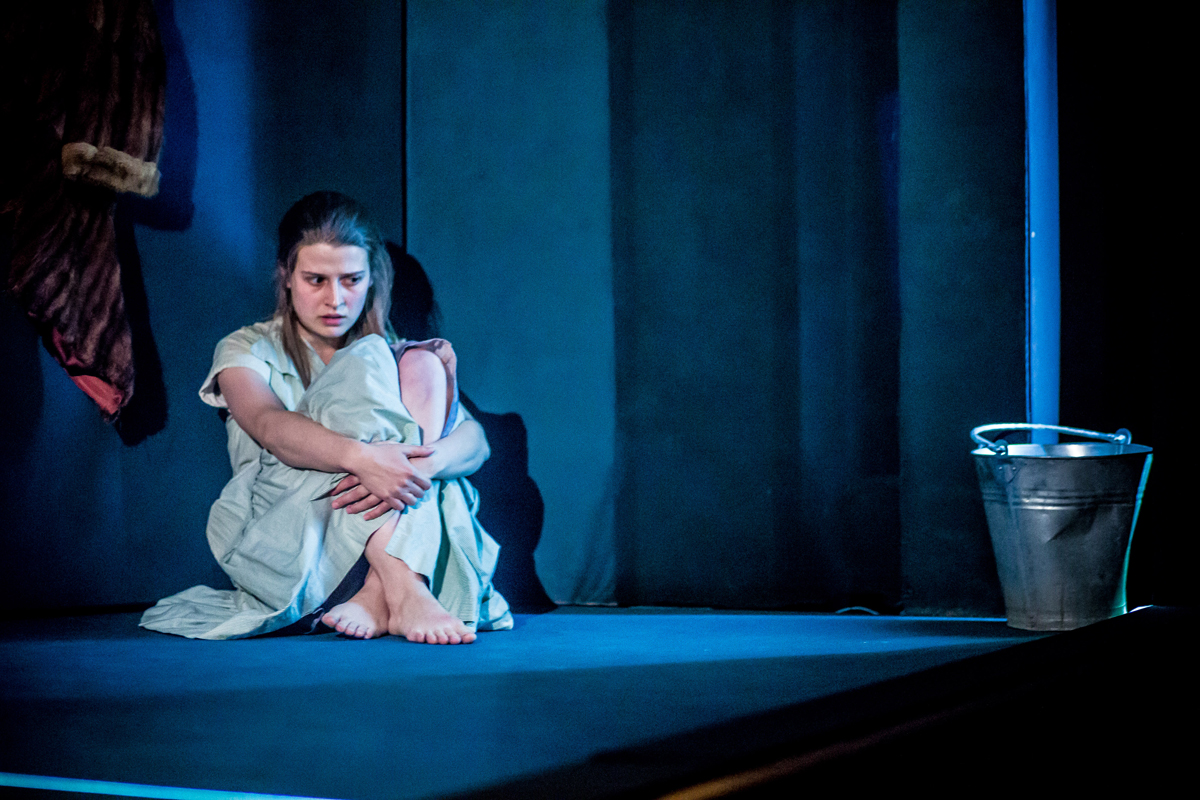The City ★★★★ – Israel's Incubator Theatre makes its Edinburgh debut at Shalom - just three years after protests prevented it from being part of the Festival Fringe
One highlight of the International Shalom Festival is the return to Edinburgh of Jerusalem's Incubator Theatre with their hip-hop opera The City, a clever homage to all those private dicks who walk the mean streets of the city trying to solve crime. The City is entirely written in rhyme, combining rap, hip-hop and spoken word to tell a tale of vanity, lust and murder. This is the company targeted by pro-Palestinian demonstrators in 2014, which meant they were unable to perform at the Fringe. So it's all the more exciting and gratifying that they are at last making their proper Edinburgh debut. When JR's Arts Editor Judi Herman saw The City at JW3, London, where it played three sold-out performances in the aftermath of the Edinburgh protests, she was inspired to write the following four-star review in rhyme.
I’m telling you, friends, get down to The City,
A fast-moving show that’s mighty witty.
Israelis rap in English rhyme,
A dark twisted story of a web of crime.
A private dick, just an ordinary Joe,
Meets a mystery blonde and goes with the flow.
If you can get a ticket, you will too,
It’s a sparky performance from a versatile crew.
A band and beatbox, shared imagination,
The City never gets lost in translation…
The City runs Tuesday 8 – Thursday 10 August. 11.30am, 4pm, 8pm (Tue & Wed only). £12.50, £9.50 concs, £8 NUS. Drummond Community High School, Edinburgh, EH7 4BS. www.edfringe.com
Disturbing the Peace ★★★★ – Searing testimony from fighters for co-existence in Israel/Palestine
Some fine thought-provoking feature and documentary films are part of the entertainment and dialogue at the Shalom Festival, with filmmakers and activists involved in that discussion between Israelis and Palestinians taking part in post-show discussions and Q&As.
One in particular is the documentary Disturbing the Peace, from directors Stephen Apkon and Andrew Young. The film follows an activist group called Combatants for Peace and tells the story of these former enemies – Israeli soldiers and Palestinian fighters, many of whom served years in prison – who have decided to join forces in order to work towards a peaceful resolution and to stand up for what they believe in. The two screenings of Disturbing the Peace will be followed by a panel discussion and Q&A session.
Disturbing the Peace runs Wednesday 9 & Thursday 10 August. 3.30pm (Wed), 1.30pm (Thu). Free. Drummond Community High School, Edinburgh, EH7 4BS. www.shalomfestival.org
Judi Herman saw Disturbing the Peace at the 2016 UK Jewish Film Festival and you can read her four-star review below:
http://www.jewishrenaissance.org.uk/blog/review-films-disturbing-the-peace/#more-1374











